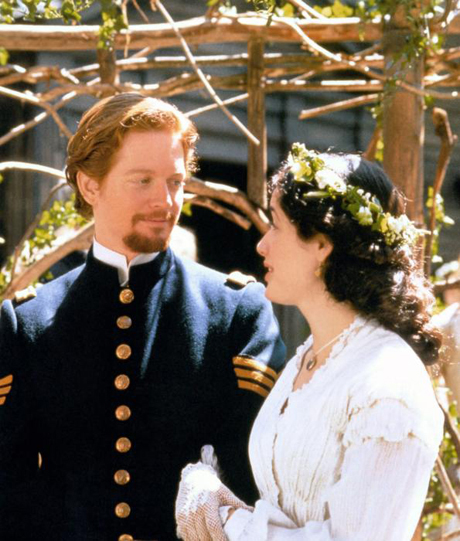
When Art and History Collide: Surrender, Civil War Memory, and Public Engagement
From late March to August 2019, the Fabric Workshop and Museum in Philadelphia showcased the innovative work of Sonya Y. Clark. Known for “Unraveling,” an art piece consisting of a deconstructed Confederate battle flag, the Amherst College professor’s recent works have explored race, symbols and Confederacy, and the nation’s struggle ...
Read More
Read More
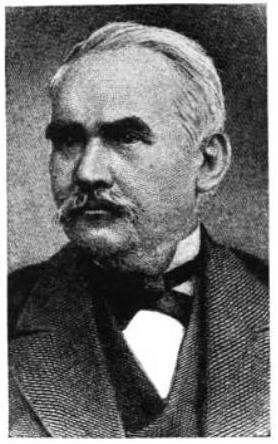
How to Build a Winning Coalition: What Today’s Democrats Can Learn from Pennsylvania’s Republicans in 1860
American politics during the late antebellum era was divisive and deeply polarized, just like the present. A few key battleground states, most prominently Pennsylvania, decided the outcome of national elections. To win the Keystone State in 1860, Republican Party managers employed keen coalition-building skills. They adapted readily to changing circumstances ...
Read More
Read More
Editors’ Note: March 2020 Issue
Cracks in the Foundation: The Fourteenth Amendment and Its Limits In March 2018, we convened a conference titled “The Many Fourteenth Amendments” at the University of Miami. The timing was propitious. Not only did 2018 mark the sesquicentennial anniversary of the amendment’s ratification but also the issues that would come ...
Read More
Read More
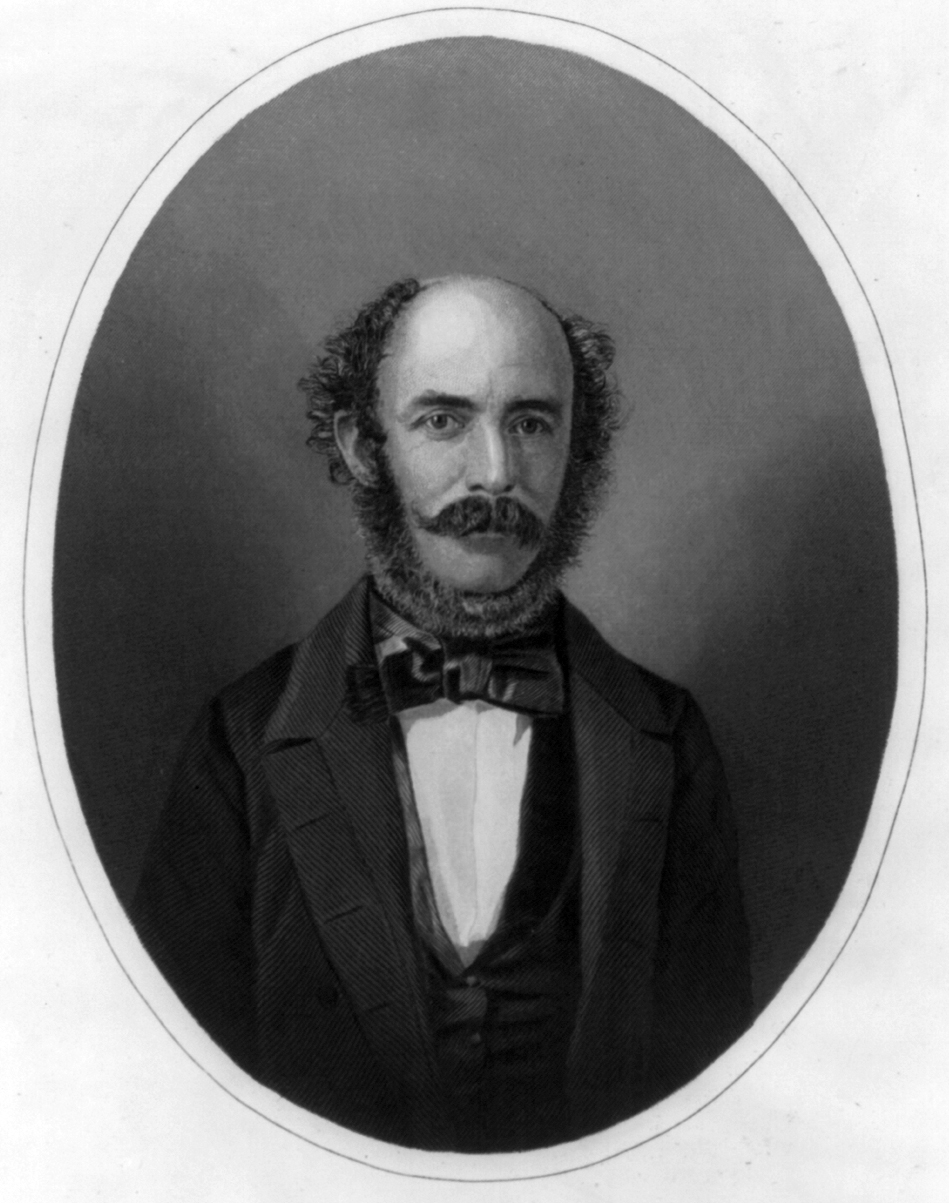
An Anti-Filibuster Alliance: Latin America and Opposition to U.S. Expansionism
When we think of a filibuster today, we likely think of the increasingly disappearing action by a Senator to hold up a piece of legislation by continued speech; however, in the mid-nineteenth century, filibusters were military strong men who desired to project and expand U.S. power into the Caribbean. The ...
Read More
Read More

Author Interview: Jack Furniss
Today we are sitting down with Jack Furniss, author of “Devolved Democracy: Federalism and the Party Politics of the Late Antebellum North,” which appeared in our December 2019 special issue. After graduating from the University of Virginia in 2018, he served as a Visiting Postdoctoral Research Fellowship at the Rothermere ...
Read More
Read More

Teaching Military History with the Official Records
Every time I teach my Civil War and Reconstruction course, I meet students who probably would not have taken any other history class. The enormous popular interest in military history, as most academic historians know, can draw students into the discipline. At a time when boosting course enrollments and attracting ...
Read More
Read More
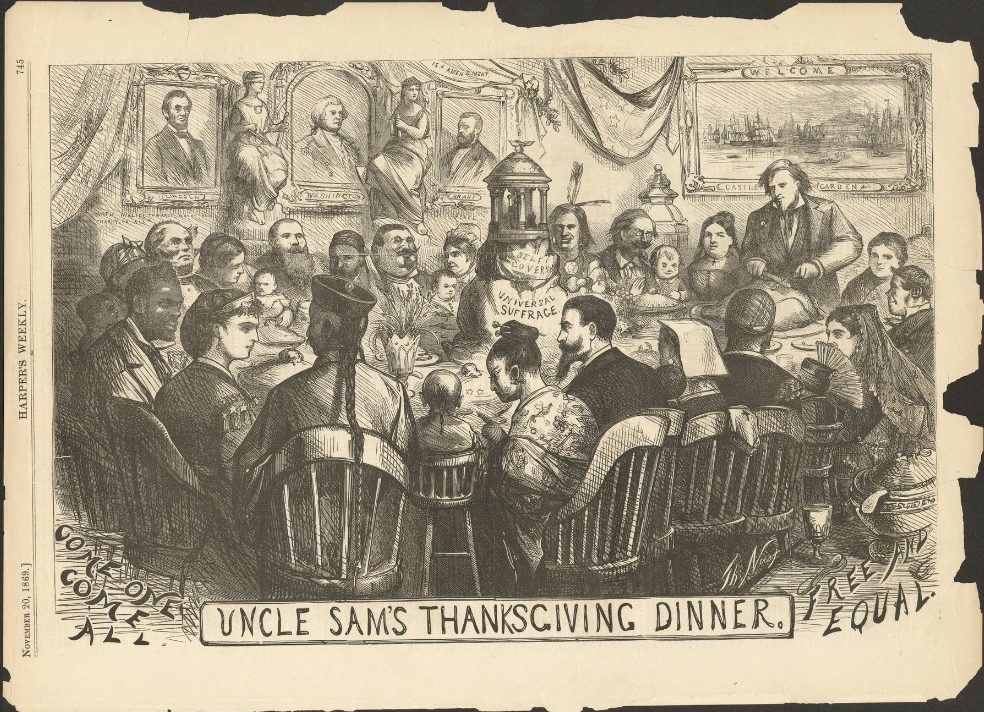
Teaching the Reconstruction Era Through Political Cartoons
During this past fall semester I received an email from a curriculum coordinator at a local school district. She stated that a high school history teacher was running short on time, but wanted to spend one day with his students discussing the Reconstruction era before the end of the semester ...
Read More
Read More

New JCWE Editors Selected, Will Assume Position January 15
The Journal of the Civil War Era and the Richards Center at Penn State are thrilled to announce our new JCWE co-editors, Greg Downs and Kate Masur, who will assume the position effective January 15, 2020. Gregory P. Downs is Professor of History at University of California-Davis. He studies the ...
Read More
Read More

Castles in the Air: A Review of Greta Gerwig’s Little Women
Impatient for Greta Gerwig’s Little Women to come out, I watched the 1994 movie again to bide my time. Susan Sarandon (Marmee) and Winona Ryder (Jo) steal the show, delivering the movie’s most memorable lines critiquing Victorian gender expectations, such as when Marmee dismisses a neighbor’s concerns about her daughters’ ...
Read More
Read More
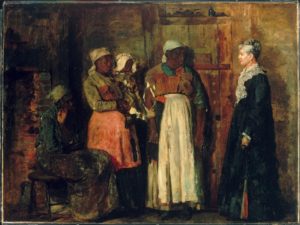
Putting Women Back Where They Belong: In Federalism and the U.S. History Survey
To say that women do not figure prominently in the historiography of federalism is an understatement, to say the least. What could debates about the relationship between states and the federal government possibly have to do with women, particularly before the Civil War, when they lacked the rights necessary to ...
Read More
Read More

The Civil War in Southeast Asia: Trade and Privateering in Singapore
The sectional conflict in North America coincided with vast upheavals around the world, including the wars of unification in Central Europe (Italy from 1859 to 1871, and Germany from 1864 to 1871), whose impact Civil War historians have done some work to illustrate. In Asia, the Taiping Rebellion (1850-1864), with ...
Read More
Read More

Paul Barba Joins Us as Field Correspondent
As longtime readers know, at Muster we publish pieces that are commissioned or submitted to us for consideration, but we also have a slate of field correspondents who write regular "dispatches"--posts that explore the varied facets of life in the Civil War era and help readers broaden their understanding of the ...
Read More
Read More

Poetry Not Yet Written: Revisiting Glory Thirty Years Later
Glory begins as so many Civil War films do: the sun rises on a vast battlefield, brave Union men march into war, and a ferocious battle ensues, American and Confederate flags billowing in the background. Despite its adherence to well-worn tropes, however, Glory tells a tale that is often obscured ...
Read More
Read More

Before Opinion Polling: Tracking Public Sentiment in Civil War-Era Politics
For better or for worse, public opinion polls are deeply embedded in American politics. Proponents argue that polls keep elected officials connected to their constituents, make the government more responsive to popular demands, and dispel “myths and stereotypes that might otherwise mislead public discourse.”[1] Critics argue that strict obedience to ...
Read More
Read More
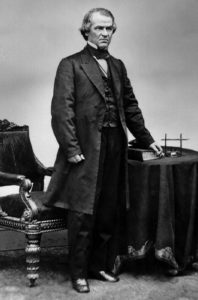
‘Disgrace, Ridicule, Hatred, Contempt and Reproach’: The Impeachments of Andrew Johnson and Donald Trump
“There has been no President in the history of our Country who has been treated so badly as I have,” complained President Donald Trump as the House of Representatives began its impeachment inquiry in September 2019.[1] Only three other Presidents have faced impeachment inquiries, and they certainly felt the weight ...
Read More
Read More
